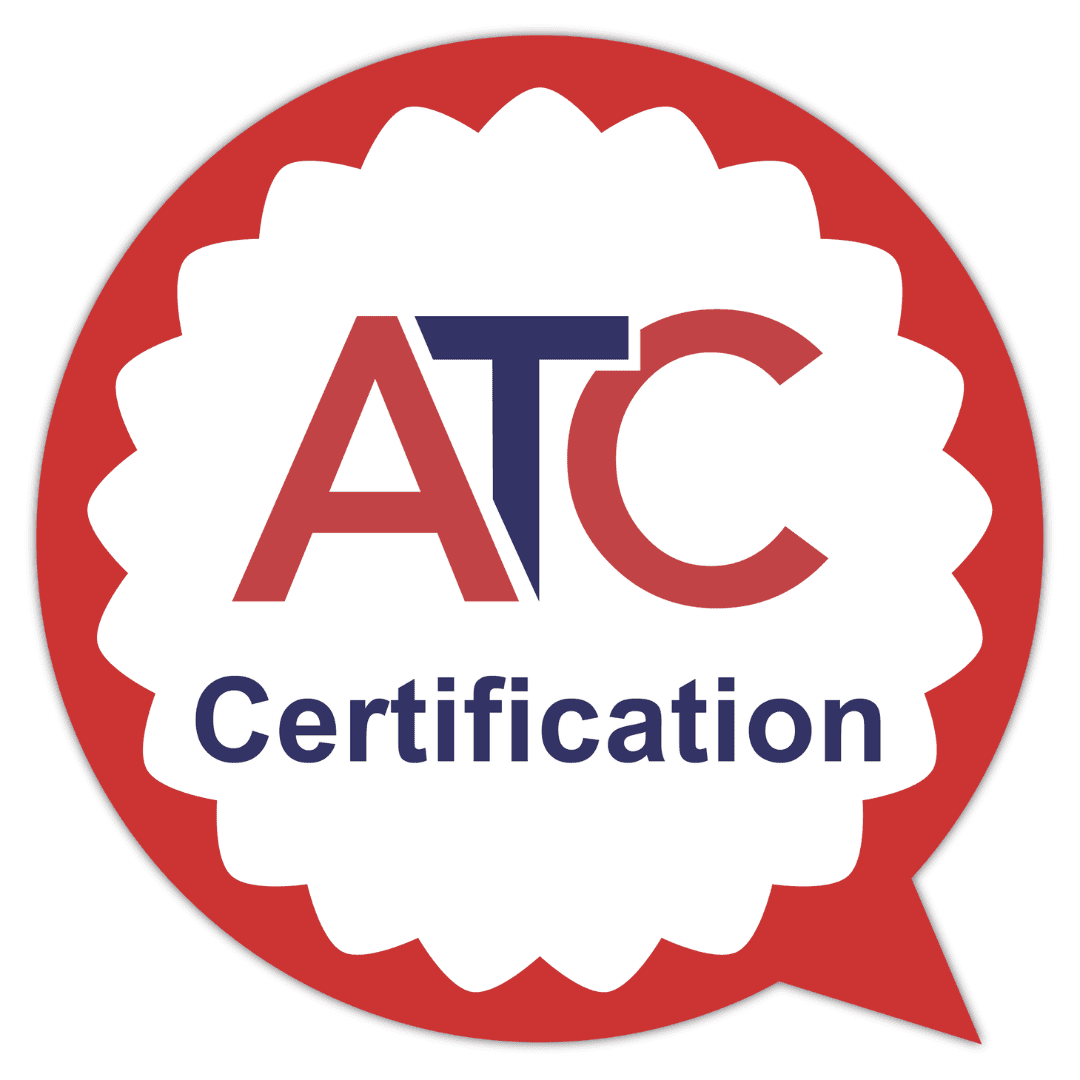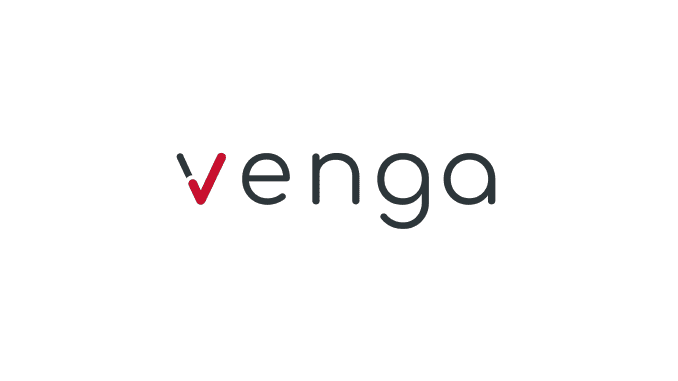Language Service Providers are organisations that offer a range of linguistic services, including translation, localisation, interpretation, and related services. These services are vital for businesses and organisations looking to engage with global audiences and diverse linguistic communities.
Language Service Providers (LSPs) play a crucial role in facilitating effective communication across diverse linguistic landscapes. To ensure quality and security in their operations, many LSPs turn to four key ISO standards – ISO 9001, ISO 27001, ISO 17100, and ISO 18841.
Quality Management to ISO 9001 for Language Service Providers
ISO 9001 is an internationally recognised standard for Quality Management Systems (QMS). It sets forth a framework for establishing, implementing, operating, monitoring, maintaining, and improving the quality of services provided.
Benefits of ISO 9001
- Enhanced Customer Satisfaction: By adhering to ISO 9001, LSPs demonstrate a commitment to delivering high-quality language services, leading to increased client satisfaction.
- Process Efficiency: ISO 9001 helps streamline internal processes, reducing errors and enhancing productivity.
- Competitive Advantage: Certification can give LSPs a competitive edge in a highly competitive industry.
Requirements of ISO 9001
- Establishing a quality policy and objectives.
- Conducting process and performance monitoring.
- Implementing corrective and preventive actions.
Information Security Management to ISO 27001 for Language Service Providers
ISO 27001 is an internationally recognised standard for Information Security Management Systems (ISMS). It provides a systematic approach for managing sensitive information and ensuring its confidentiality, integrity, and availability.
Benefits of ISO 27001
- Data Security Assurance: ISO 27001 helps LSPs safeguard sensitive client information, which is particularly crucial in the language services industry where confidentiality is paramount.
- Compliance with Legal Requirements: Adhering to ISO 27001 assists LSPs in meeting legal and regulatory obligations related to data protection.
- Increased Trust and Credibility: Certification demonstrates a commitment to data security, building trust with clients and partners.
Requirements of ISO 27001
- Risk assessment and management.
- Implementation of security controls.
- Continuous monitoring and improvement of the ISMS.
Translation Services to ISO 17100 for Language Service Providers
ISO 17100 is a globally recognised standard specifically tailored for translation services. It outlines requirements for the core processes, resources, and other aspects necessary for the delivery of high-quality translation services.
Benefits of ISO 17100
- Standardised Translation Processes: ISO 17100 provides a structured framework for translation workflows, ensuring consistency and quality in language services.
- Improved Translator Competence: The standard emphasises the qualifications and competence of translators, enhancing the overall quality of translations.
- Client Confidence: ISO 17100 certification reassures clients that the LSP follows rigorous quality standards in translation services.
Requirements of ISO 17100
- Competence of personnel.
- Client and service provider relationship.
- Handling of project-related information.
Interpreting Services to ISO 18841 for Language Service Providers
ISO 18841 is a standard focused on interpreting services, providing guidance on the necessary resources, quality assurance, and other aspects to ensure effective and accurate interpretation.
Benefits of ISO 18841
- Enhanced Interpretation Quality: ISO 18841 sets forth guidelines for interpreters, leading to improved accuracy and effectiveness in language interpretation.
- Clear Communication: The standard ensures that interpreters are adequately prepared for various situations, facilitating clear and precise communication.
- Client Confidence: Certification demonstrates a commitment to providing high-quality interpretation services, instilling trust in clients.
Requirements of ISO 18841
- Competence and qualifications of interpreters.
- Preparation and delivery of interpretation services.
- Quality assurance measures.

ISO Certification for Language Services Providers
While popular standards such as ISO 9001 & ISO 27001 have an accredited UKAS certification scheme, ISO 17100 and ISO 18841 currently do not. So when choosing a certification body for these standards, it’s important to consider the industry expertise of the auditor and the reputation of the organisation issuing the Certificate.
The Association of Translation Companies (ATC) has developed a bespoke ISO Certification Service dedicated to the unique needs of Language Service Providers. By focusing the scheme on LSPs and using auditors with specific knowledge of the industry, and the requirements of ISO 17100 and ISO 18587, the ATC ISO Certification Service can add real value to your management system.
ATC is dedicated to supporting the Language Services industry and intends to provide a cost effective ISO Certification service. Companies do not need to be a member of the ATC in order to gain ISO Certification through the service.


